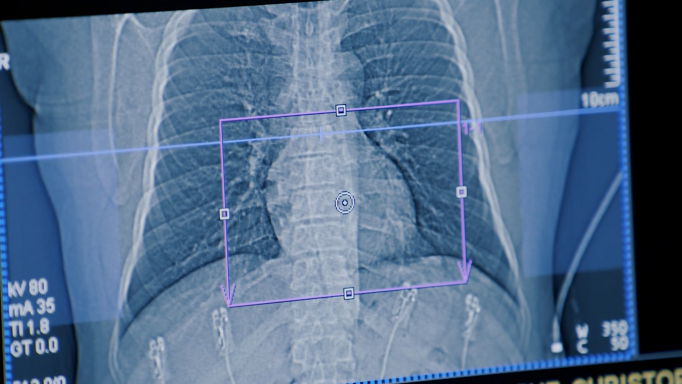
PREVENT
How a quick calcium scan can reveal heart disease risk
Posted January 23, 2024
- HeartScan measures the plaque in your heart
- Effective tool for determining risk of heart disease
- The computed tomography (CT) scan costs $100
In preventive cardiology, we’d love an all-knowing crystal ball to predict future heart issues. That doesn’t exist, but a calcium-scoring HeartScan does. It is the best tool we have for determining the risk of underlying plaque build-up that could result in a heart attack.
As plaque ages, it calcifies. A HeartScan is a computed tomography (CT) test that uses X-ray technology to produce images of the inside of the body and provide a calcium score.
About half of all middle-aged adults have a calcium score of zero, which means the rest have an increased risk of heart disease. If you’d be willing to make changes based on your score, then a HeartScan may be right for you.
Who should consider a HeartScan?
Anyone older than 35, with one or more of these risk factors for heart disease: family history of heart disease:
- diabetes
- high blood pressure
- high cholesterol
- smoking
What can I expect at a HeartScan appointment?
You’ll lie still on your back on a movable table and follow breathing instructions, including holding your breath for a few seconds. The amount of radiation emitted by this CT scan is very low. It’s about the same as a mammogram or a chest X-ray. The whole examination will take between 15-30 minutes. Your doctor may get your results the same day as the test, but it can take longer.
How much does a HeartScan cost?
The test costs $100. Typically, it is not covered by insurance but is reimbursable through a flexible health spending account or a health savings account.
What does the score mean?
A score of zero shows you have a low risk of having heart disease or a heart attack in the next few years. The risk increases as your calcium score goes up. A score above 100 suggests a moderately high risk of heart disease. Depending on your score, your doctor may recommend exercise, diet changes or new medications, like a cholesterol-lowering statin.
WHAT YOU CAN DO
-
HeartScan Minnesota®
Schedule an appointment -
Allina Health Minneapolis Heart Institute
Find a provider
EMPOWER YOURSELF
Get fun, inspiring, provider-reviewed articles sent to your inbox.
Sign up for our email newsletter
